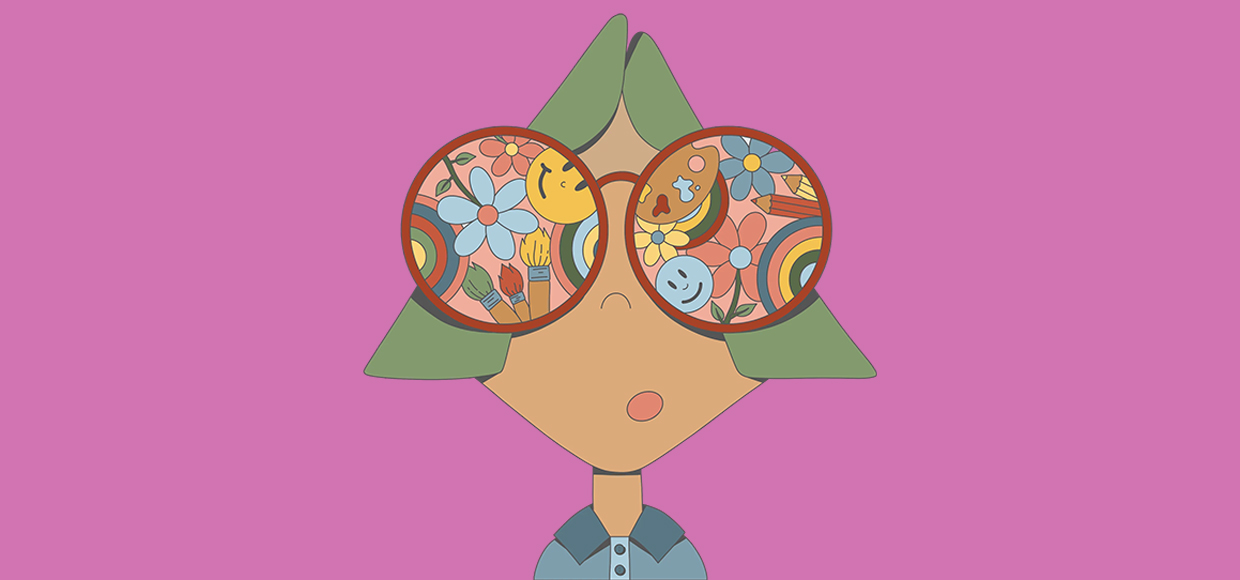Micro-stressors, also known as daily hassles or minor stressors, may seem insignificant at first, but they can have a significant impact on our mental and physical health over time.
These stressors, which may be as simple as your daily chore list in the morning or crunching through emails late at night, can accumulate and lead to burnout or exhaustion, negatively affecting our productivity, mood, and overall well-being.
Research has shown that prolonged exposure to micro-stressors can contribute to developing chronic diseases such as high blood pressure, heart disease, diabetes, and even cancer. They have also been linked to depression, anxiety, and insomnia for many people.
Serious issues start to rise to the surface when micro-stressors become too much for our bodies to handle. When this happens, we see the cortisol levels in our body rise significantly, leading to a weakened immune system, which often has a flow effect on to many other areas; weight gain, autoimmune conditions, arthritis and insomnia.
Naturopath, Erin O’Hara, identifies some of the ways in which we can reduce the impact of micro-stressors in our lives.
- Identify your micro-stressors: One of the first steps in managing micro-stressors is to identify them. Take note of the things that trigger stress for you throughout the day. It could be a crowded train during your commute, a messy desk, or an overflowing inbox. By recognising your stressors, you can start to develop strategies to reduce their impact.
- Practice self-care: It’s important to prioritise self-care when dealing with stress. Take time to do things that you enjoy and that help you relax. This could include activities such as meditation, yoga, reading, listening to music, or taking a relaxing bath. Find what works best for you and make it a part of your daily routine.
- Set boundaries: It’s important to set boundaries and learn to say “no” to things that add to your stress levels. It can be easy to take on too much and feel overwhelmed. Setting realistic expectations for yourself and learning to delegate can help reduce stress and prevent burnout.
- Practice mindfulness: Mindfulness is a great way to reduce the impact of micro-stressors. It involves focusing your attention on the present moment and becoming more aware of your thoughts and feelings. Practicing mindfulness can help you stay calm and centred in the face of stress. Try writing things down in a journal or some simple breathing exercise such as Nadi Shodhana Pranayama (alternative nostril breathing).
- Get enough sleep: Lack of sleep can make you more vulnerable to stress. Aim to get 7-8 hours of sleep each night to help your body and mind recover from the day’s stressors. Develop a bedtime routine that helps you unwind and relax before sleep.
- Stay active: Exercise is a great way to reduce stress and improve your overall health. Regular exercise can help boost your mood, reduce anxiety, and improve sleep. Find an activity you enjoy and make it a part of your daily routine.
- Connect with others: Social support can help reduce stress and improve your overall well-being. Spend time with friends and family, or join a social group or club that interests you. Talking with others can provide perspective and support, and help you feel less alone.
Taking steps to recognise the impact of micro-stressors in life and practising self-care is a journey many of us will battle. The results of looking after ourselves, however, will significantly improve our ability to cope with daily life and some of the bigger things we come up against.
By Naturopath Erin O’Hara (BSc and BNATMed), who practices in Auckland, New Zealand. https://www.erinohara.co.nz/







